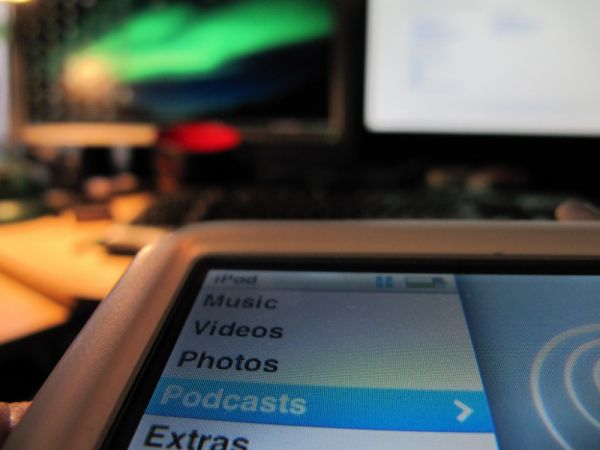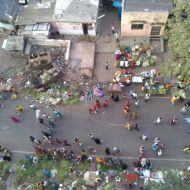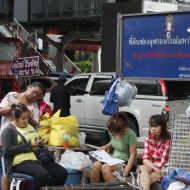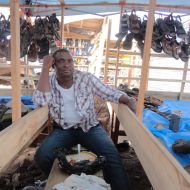What Informality Sounds Like

Many podcasts are essentially informal versions of radio broadcasts. Photo credit: notfrancois via Flickr Creative Commons
One of the challenges of the Informal City Dialogues has been thinking about urban informality in a broader sense. Informality, we’re learning, goes well beyond slums and street vendors. It can be found seeping into every corner of the city, as two of our bloggers discovered last week when they managed to find it not in their physical cities at all, but in their cities’ sounds.
Sam Sturgis reported on the slum-based radio stations serving residents of Nairobi’s informal settlements – people who are often ignored by major media markets. Sharon Benzoni, meanwhile, spoke with Accra’s mp3 sellers, who keep that music-addicted city fixed up with tunes in the absence of widespread internet access. In both cases, a demand for an audible product is being fulfilled with innovative solutions put in place by average people, often more effectively than the formal sector might have done.
Informally created and accessed audio is a big deal in the West these days – though we may not think of internet radio and podcasts as “informal,” most of them essentially are. They’re created, broadcast and accessed beyond the purview of official regulation, something that would have seemed unimaginable just a few short years ago. And just like Kibera’s radio stations, such formats surely came about at least partly as a response to formal terrestrial radio’s failure to serve its cities and its listeners. It’s an informal sector powered by people that, aside from possibly Clear Channel, most would argue is doing a better job bringing music to our ears.









